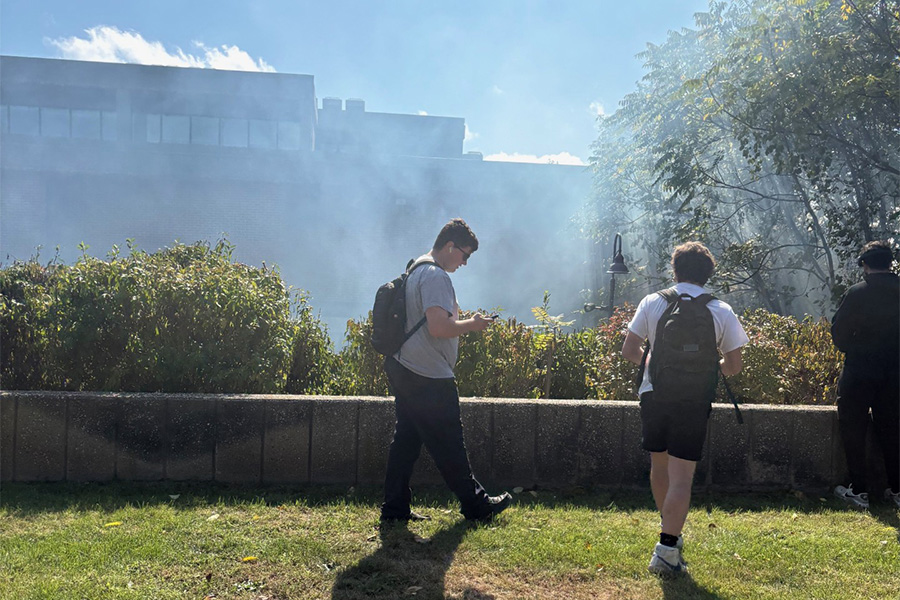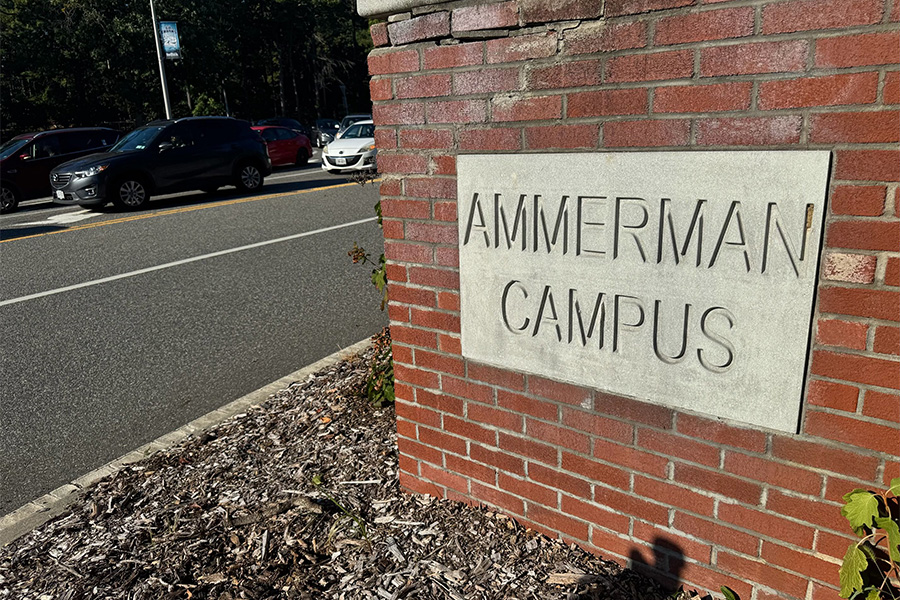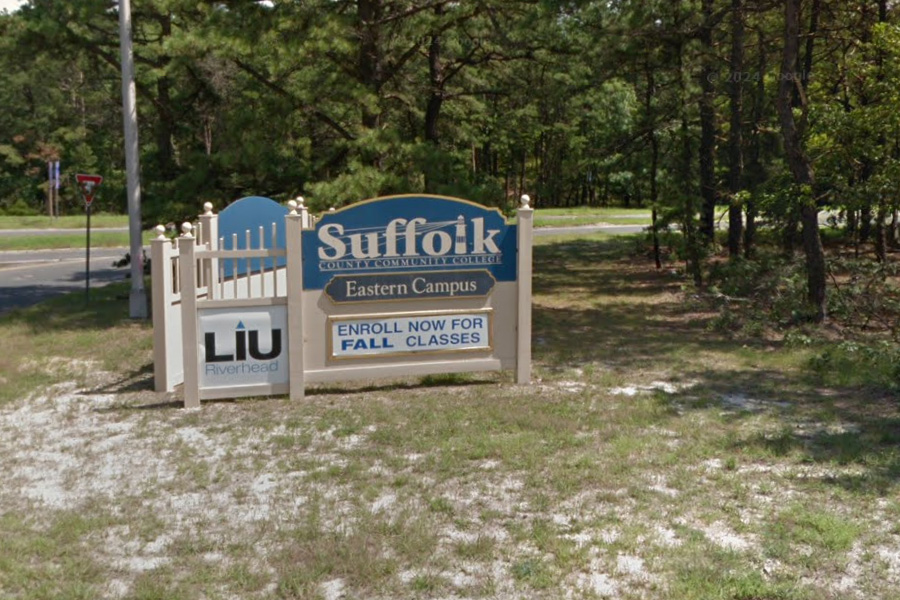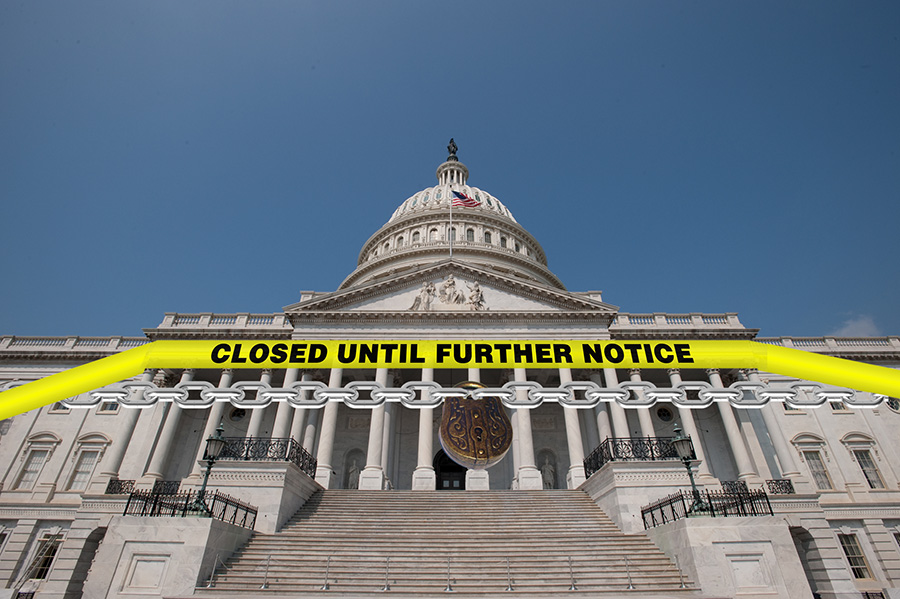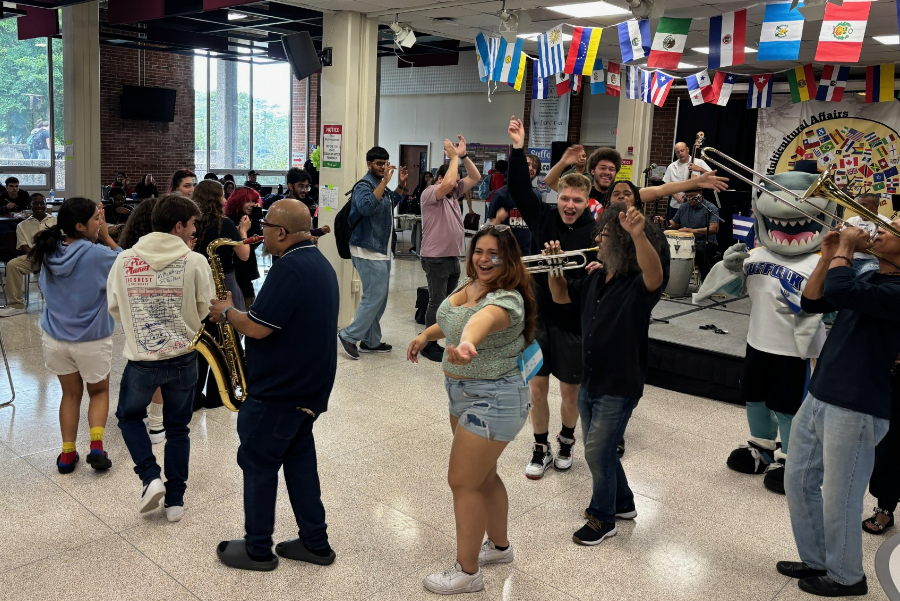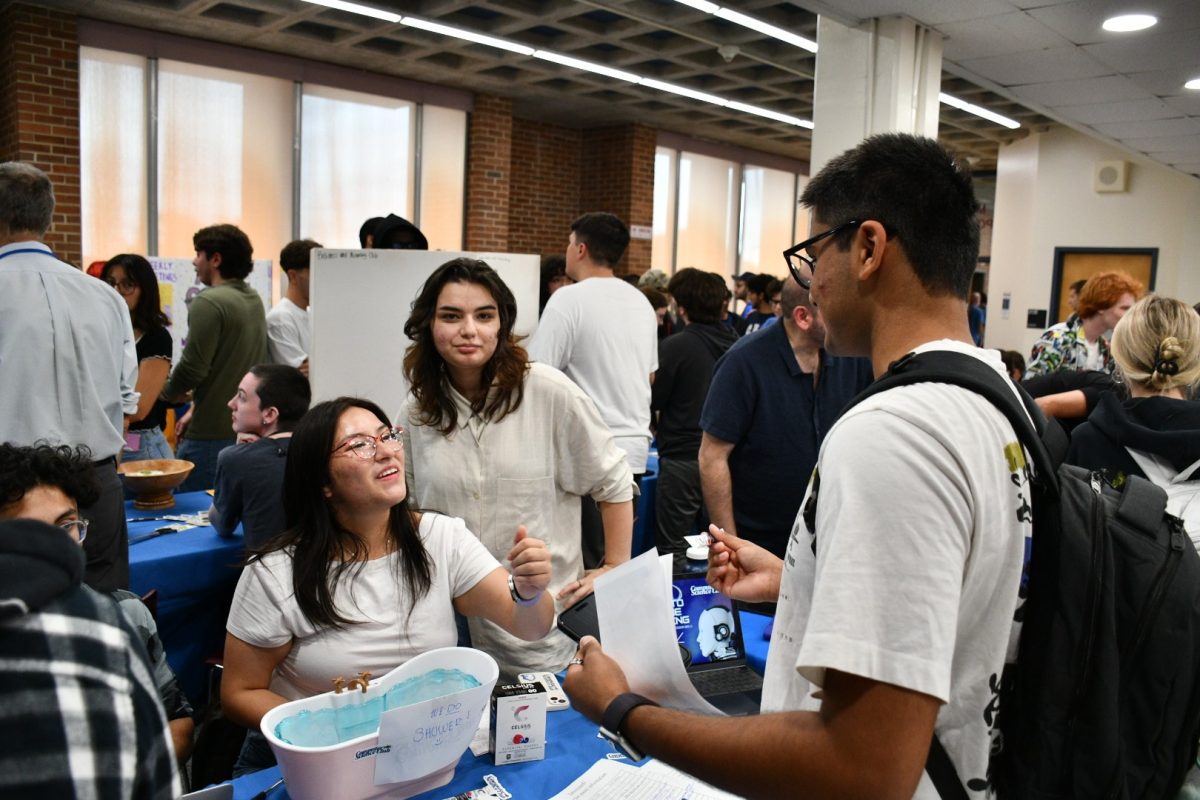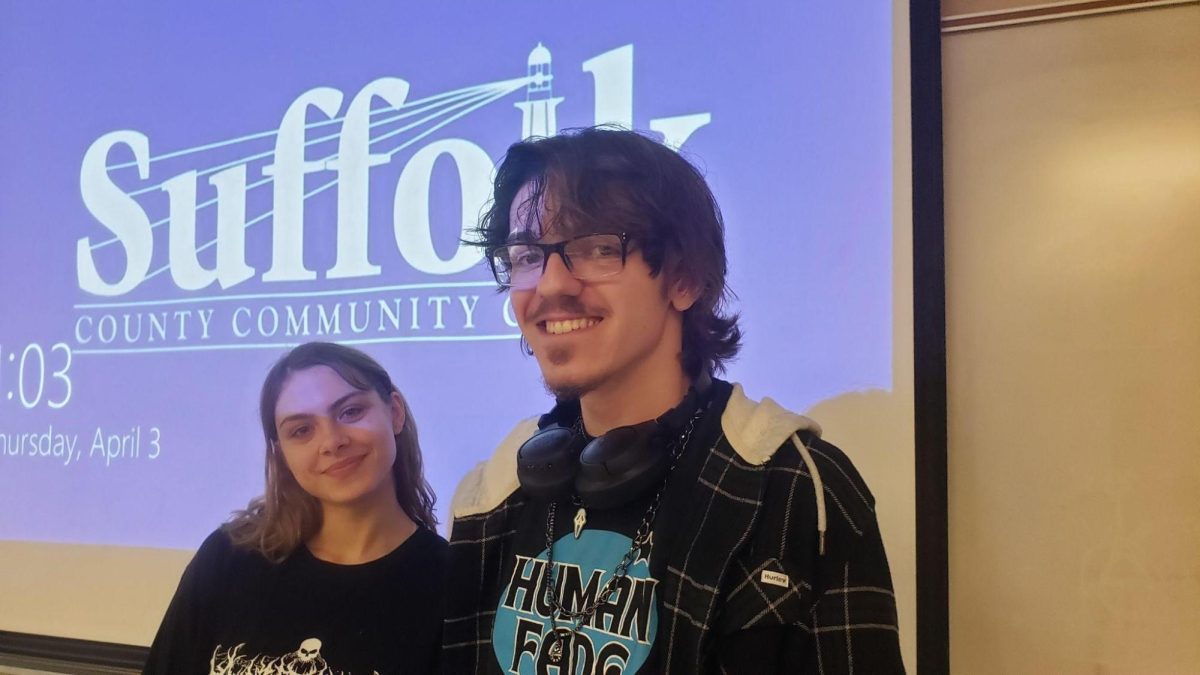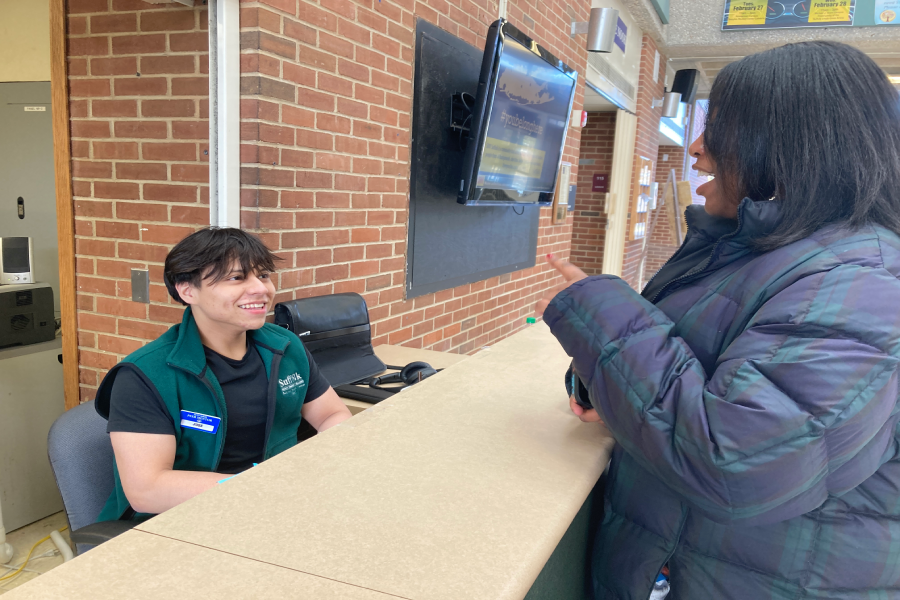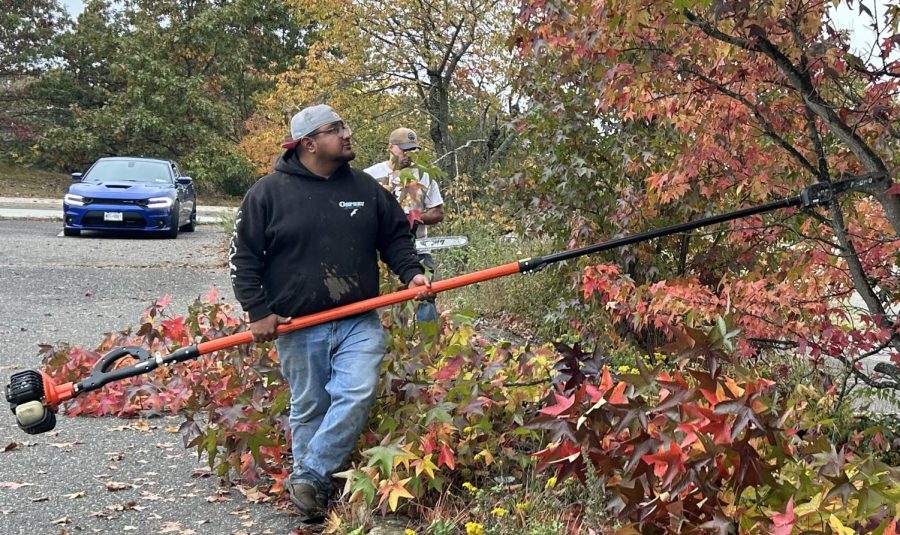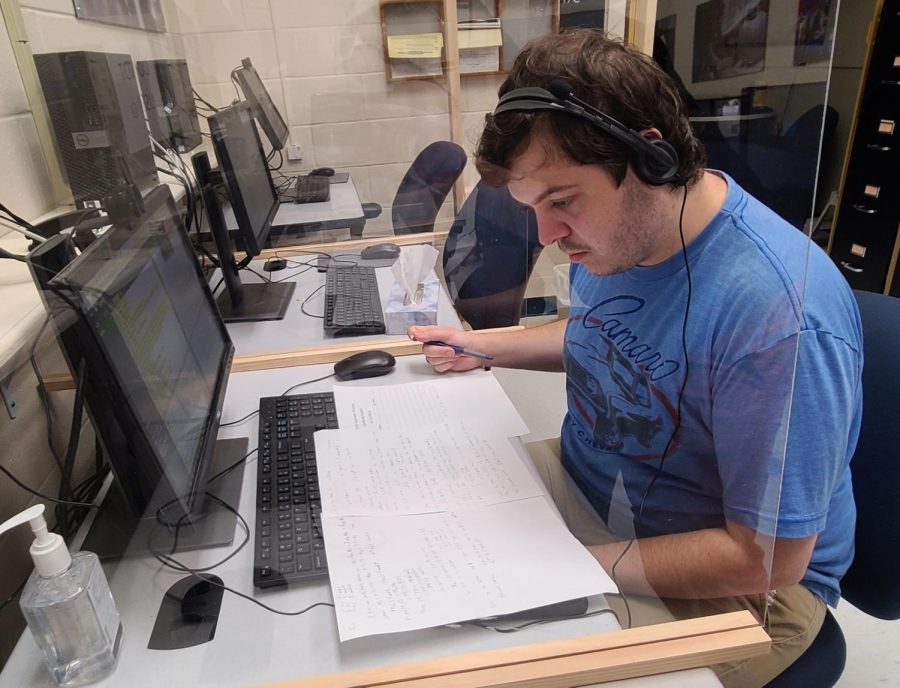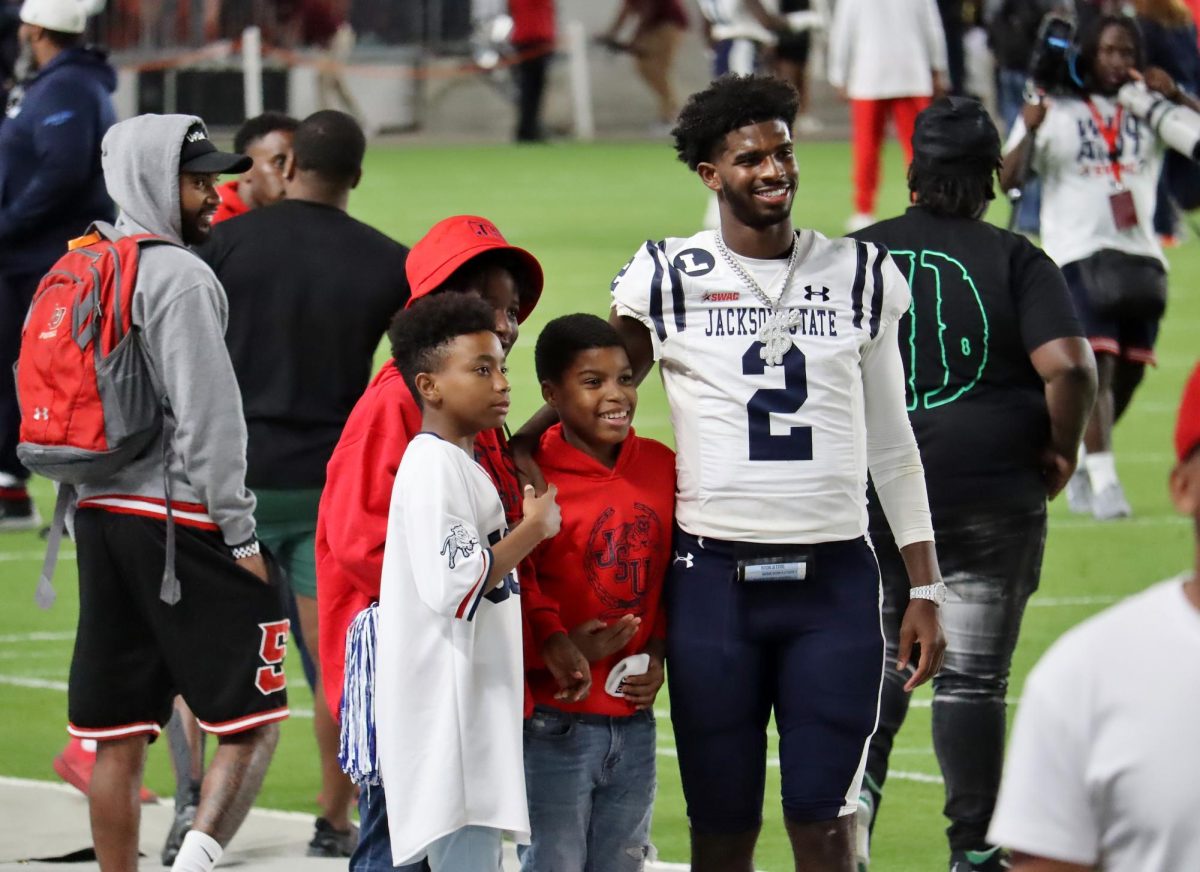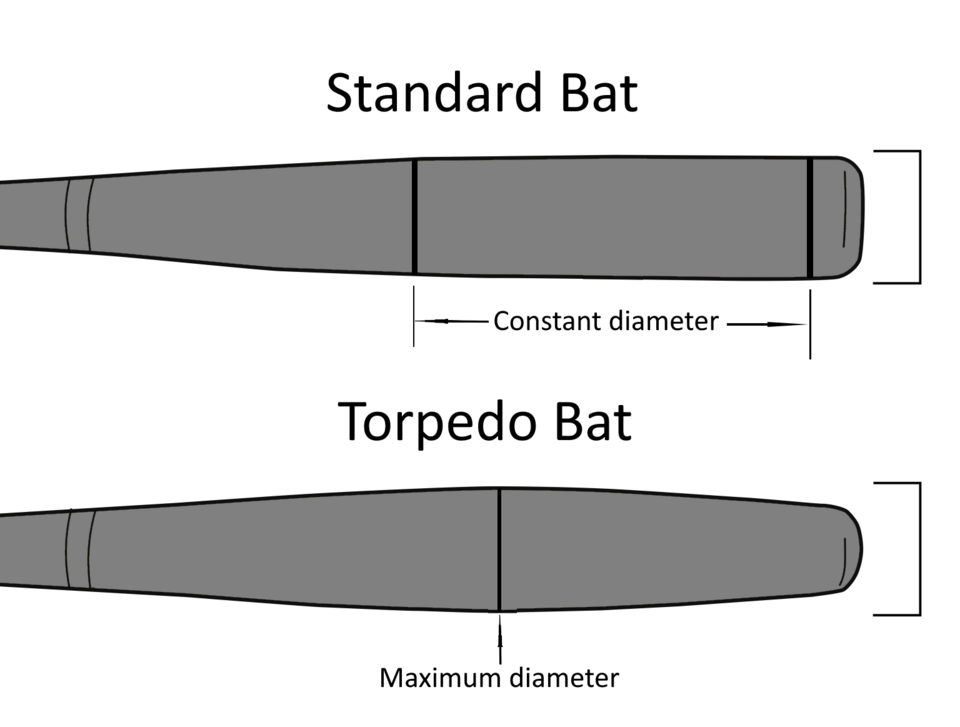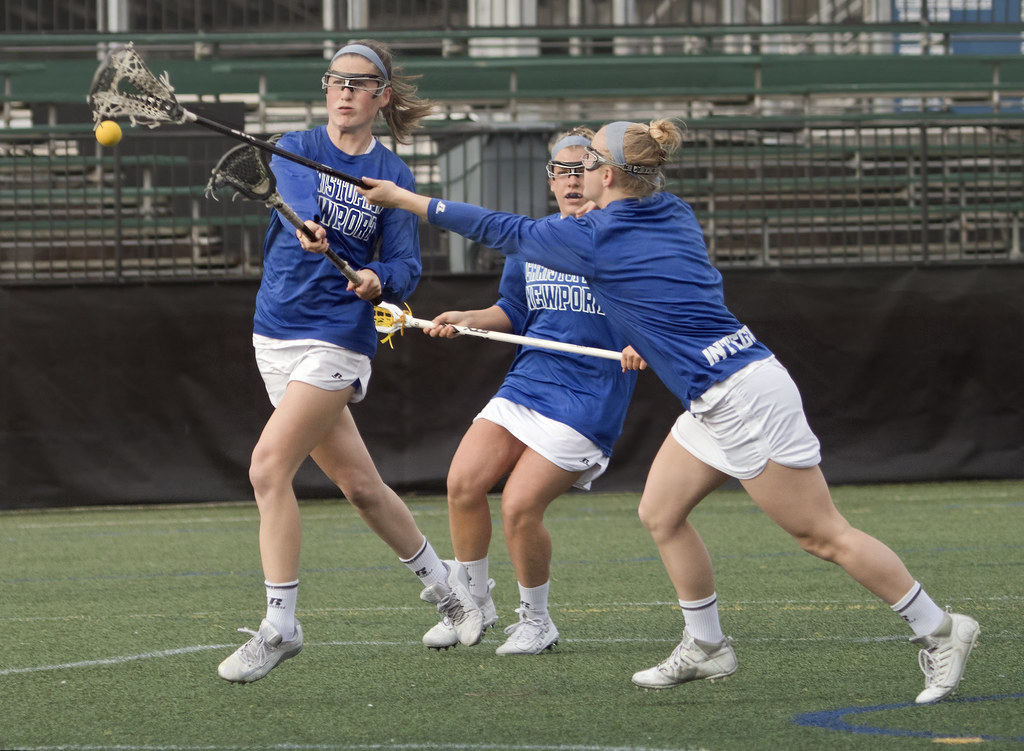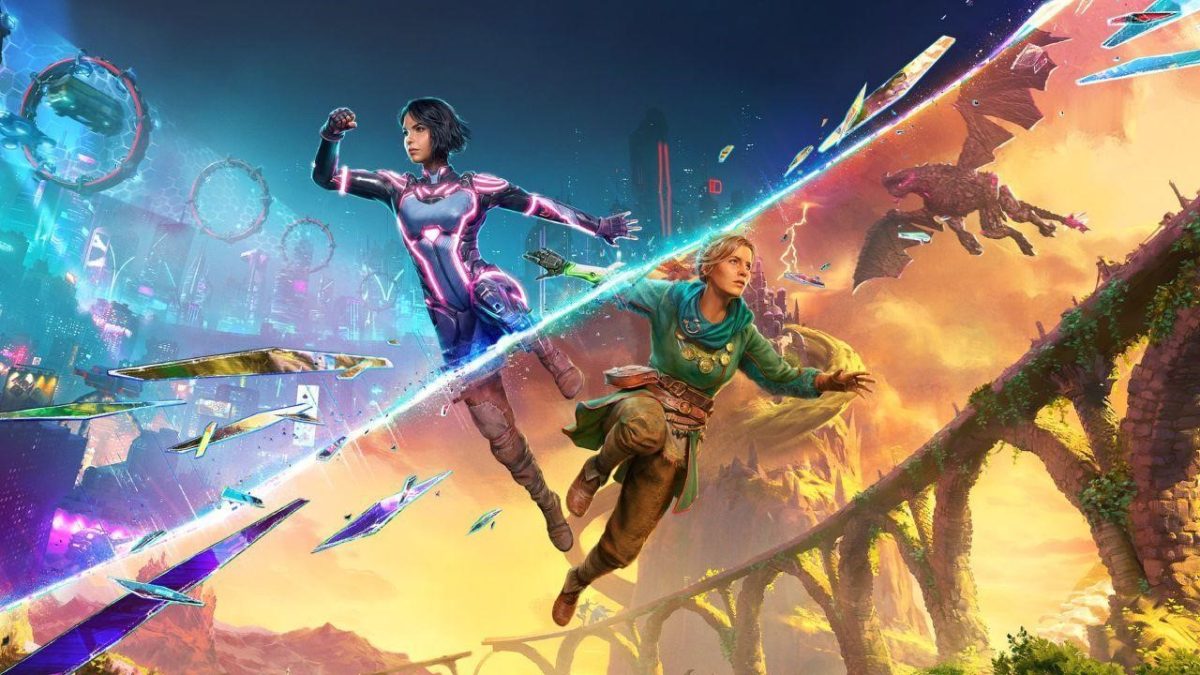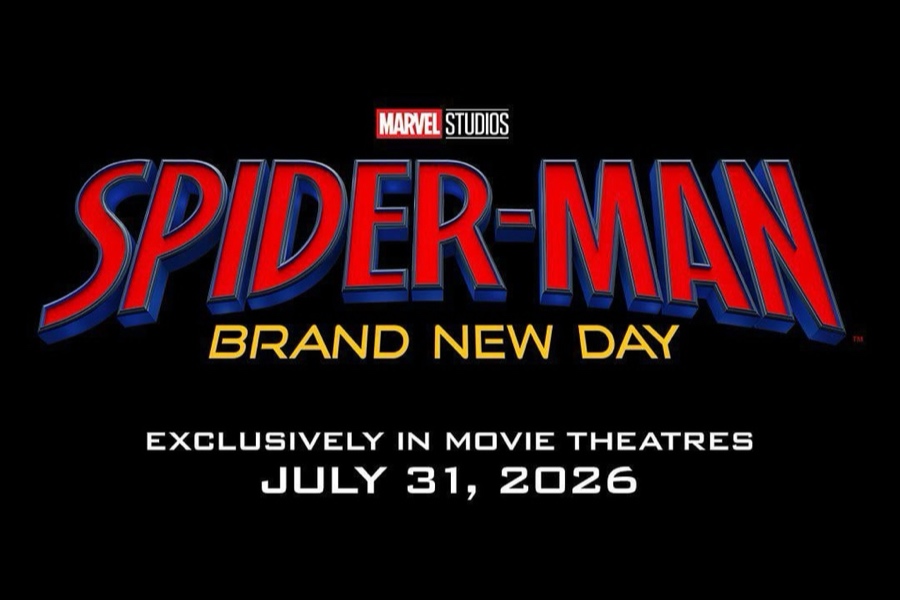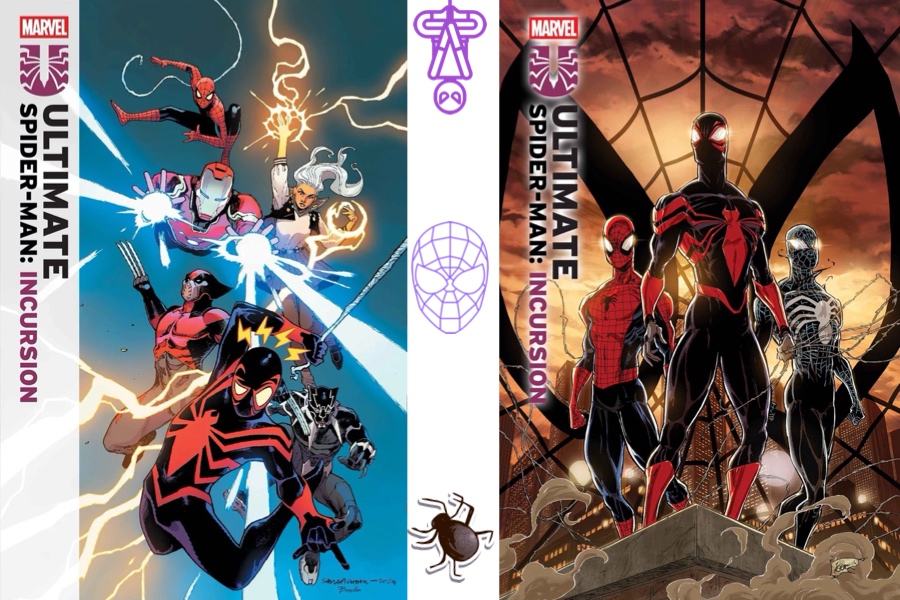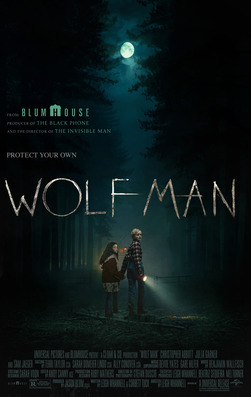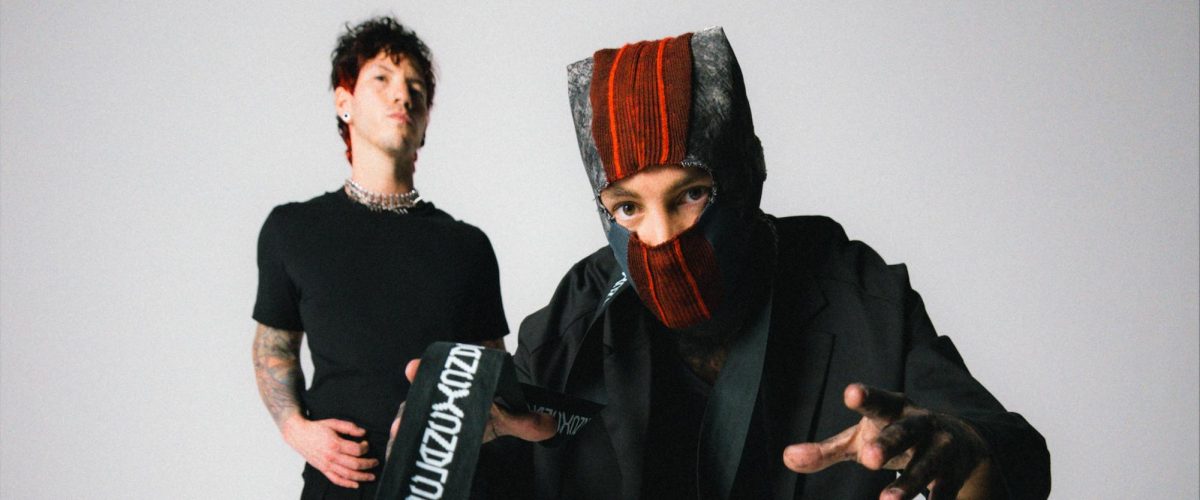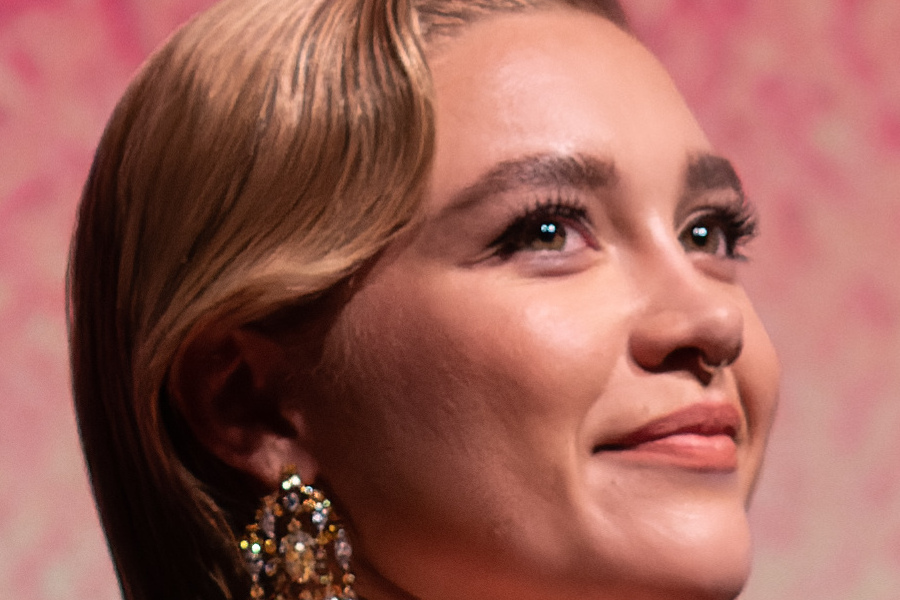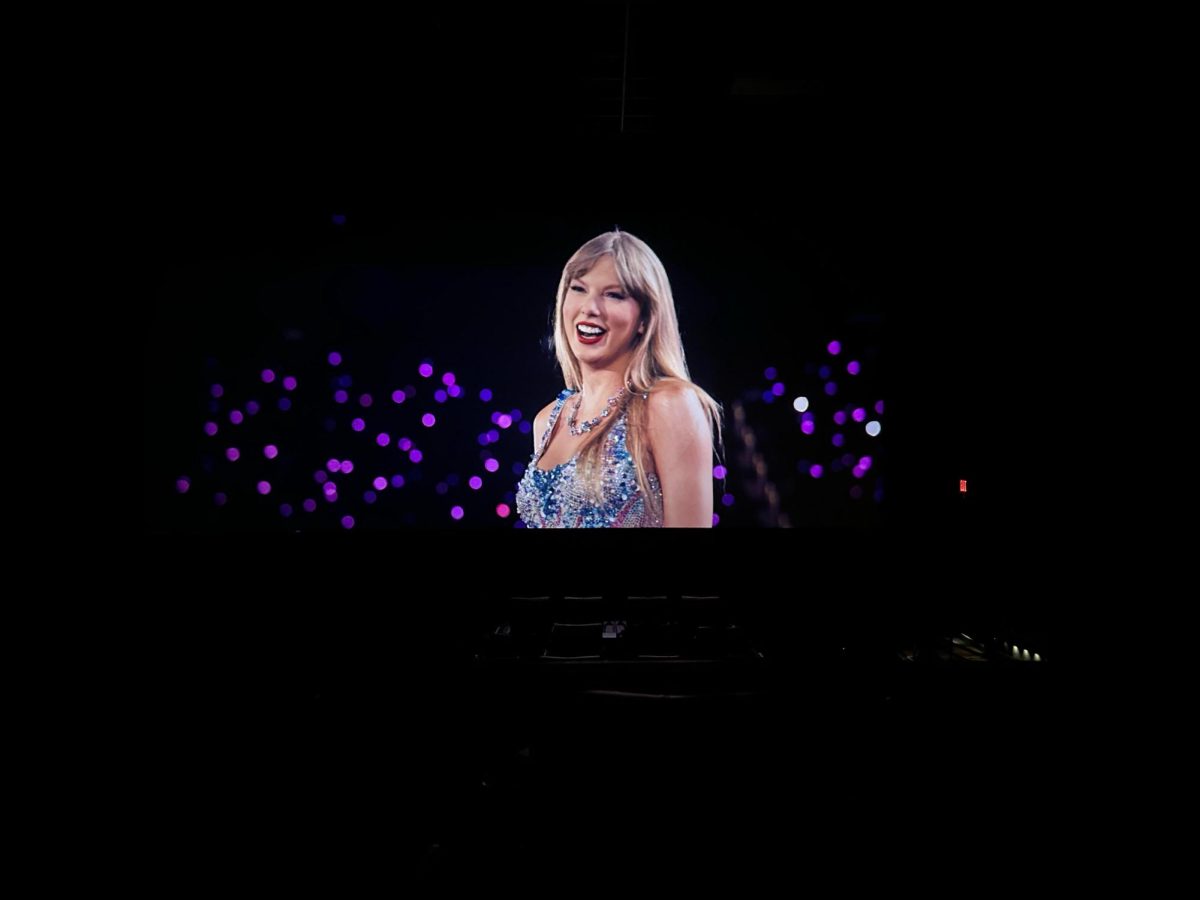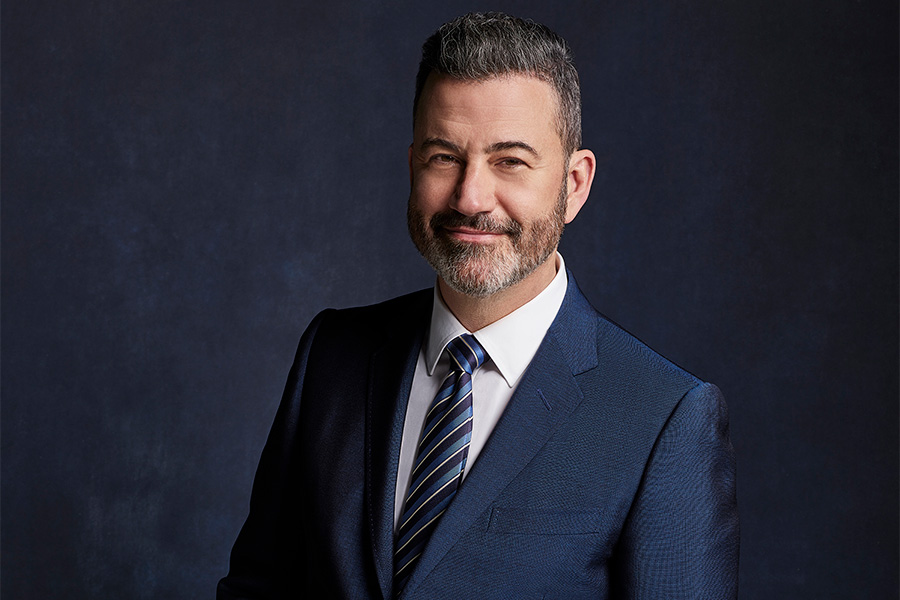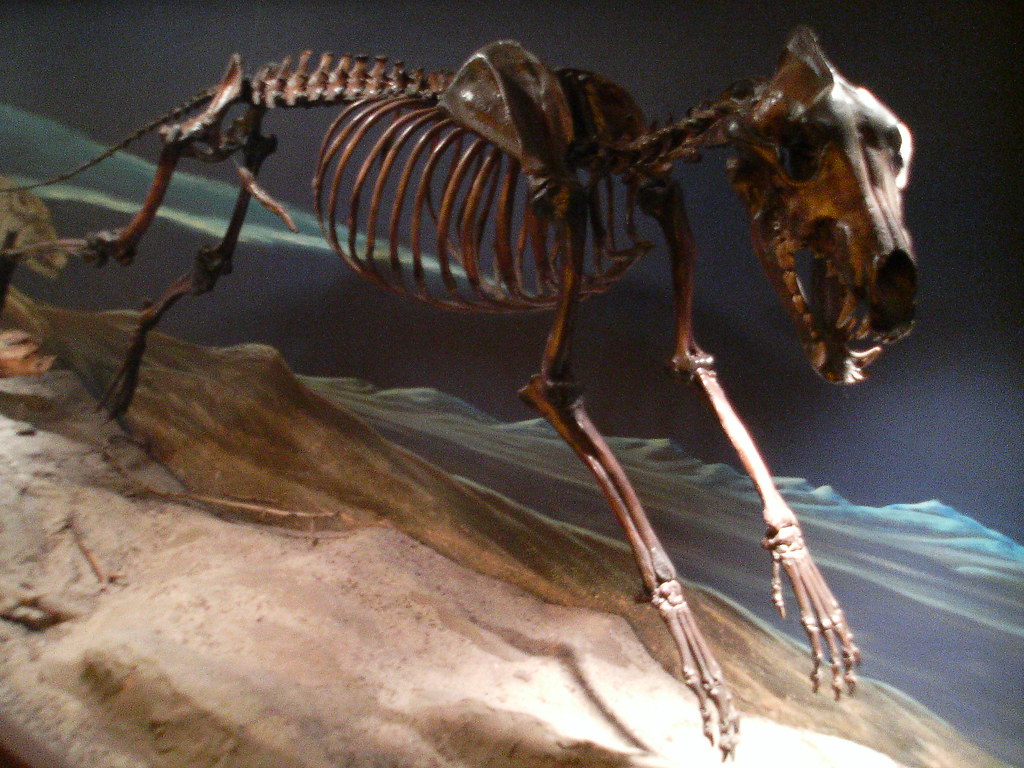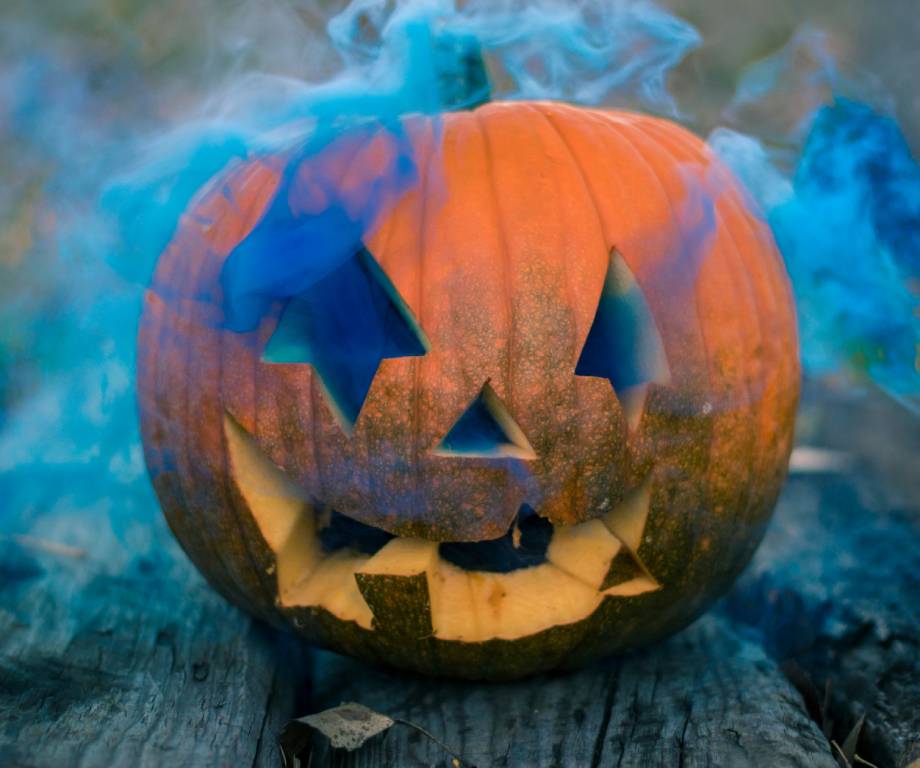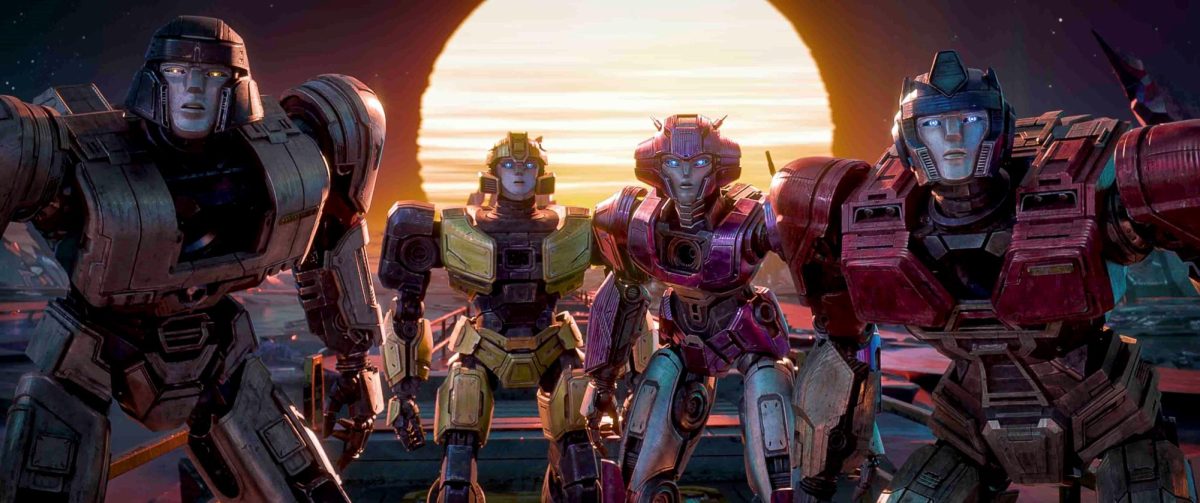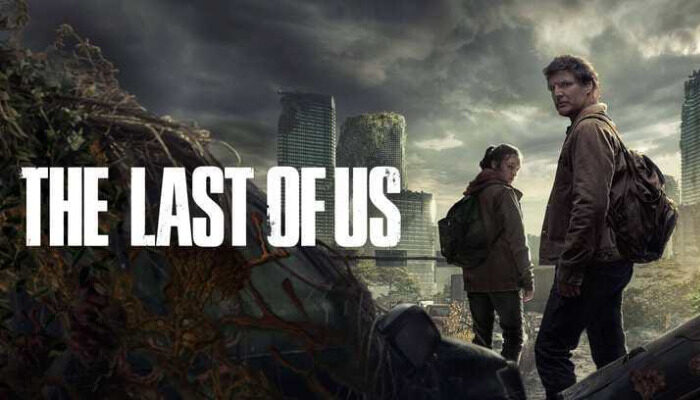The Last of Us Review: Does it Live up to the Game?
Does the show match the same spirit that the video game did? Will the performances do justice to iconic characters? And will the overall story stay true to the ideas and themes presented in the game?
February 22, 2023
The Last of Us is a show adaptation of the popular video game by the same name. Since its release in 2013 The Last of Us has been a highly popular video game that is regarded as one of the best games of all time. Then The Last of Us Part II came out and divided the whole fandom. Neil Druckmann, one of the creators of the game, paired up with Craig Mazin, who previously worked as a writer and director for HBO’s limited series Chernobyl, to bring this new TV series to life.
The Last of Us so far is a faithful adaptation of the video game, staying true to the source material for the most part, while also adding a fair amount of changes throughout the story. But before diving deeper into the show itself, it’s fair to have a look at where things started in the first place. The game.
The Last of Us takes place at a time where humanity finds itself in yet another sort of apocalypse. An infection that spread throughout the world like a pandemic, causing every human to attack and infect others. This time caused by a fungus infection that grows inside the body causing every human to succumb to a zombie-like monster, while also decomposing the body and mutating the shape of its victims until a fungus fully grows covering their heads and different parts of the body.
We are sent 20 years into the future, where the modern world as we know it has collapsed entirely. The infected have already taken most of the US and what remains of humanity lives in designated quarantine zones run by a military dictatorship government. There is also a group of freedom fighters named the Fireflies, trying to establish freedom in the quarantine zones. And a key part of their plan is Ellie, a fourteen-year-old girl, with natural immunity to the infection. The plan is to transport Ellie to a Firefly research lab located on the other side of the country, in an effort to find a cure that could help fight the infection allowing humanity to rise once again.
In the middle of all this is Joel, a middle aged ex-soldier who lost his daughter on the chaotic day when the world started to collapse. Now he lives as a smuggler, and a hollow shell of his former self, with what we can assume to be his love partner, Tess, both living in a quarantine zone in Boston while also doing dirty jobs for their convenience.
They are both hired by the leader of the Fireflies, Marlene, to transport Ellie from one point to another in exchange for some merchandise. After a series of arrangements, the couple finally decides to do it, and then this is when the true journey begins. A story of trust, sacrifice, perseverance, endurance, and love. A cross-country journey, fighting the infected, overcoming pain and adversities, and fighting the worst of humanity.
The core focus of the story is without a doubt, the growing father-daughter relationship between Joel and Ellie. One is a stoic man who had to endure the loss of his daughter and has almost no sense of compassion for the outside world, except for a few. The other is a girl, who’s been living most of her life inside the saved walls of quarantine zones, without having much experience living in the outside world. Both are flawed characters in one way or another, that need to complement each other to survive while also forming a strong bond throughout their journey, in order to reach an emotionally satisfying conclusion.
Now onto the show. Starting with the great things the show has to offer, the cinematography is outstanding. The show encapsulates to perfection the looks of the apocalyptic world of The Last of Us. A desolate world with wrecked cities that have been slowly reclaimed by nature, with deadly creatures roaming in the darkness. The design of the infected especially looks well realized, all varied and terrifying. The show also showcases what’s left of humanity, living on scarce amounts of food, limited resources, and the oppression of a militarized dictatorship government, while others live in the wilderness as survivors, raiders, or outcasts.
The shows manage to capture to perfection the iconic scenes when the world first started to collapse in front of the eyes of Joel and his daughter Sarah, while dozens and then hundreds of start people running, eating each other, houses are on fire, airplanes crashing from the sky, and the military taking over and making sure that no possible ‘infected’ remains alive.
The acting and casting choices have ups and downs. Most of the performances deliver what is expected, written with generally mature, smart dialogue. Pedro Pascal as Joel looks like a solid choice so far. Anna Torv as Tess failed to leave a strong impression, not because of her acting capabilities but because she simply wasn’t given enough screen time to shine, and explore different facets of her character like in the game. Bella Ramsey seems to be a miss for the most part, not only she doesn’t look anything like Ellie from the game, her acting and facial expressions specifically fail to capture the character’s personality, especially in emotional scenes. This makes it difficult to get invested in her character. Supporting actors like Nick Offerman deliver some of the best performances the show has to offer as Bill, a lonely survivalist who eventually finds someone to love and care about in this decaying world. Lamar Johnson and Keivonn Woodard as Henry and Sam respectively, two brothers, give us a side story that generally leaves a big impact on the main characters and narrative. Little can be said about Melanie Lynskey as Kathleen, a leader of a resistance group driven by her thirst for vengeance against the man who killed her brother. Serving as an enemy to overcome for our main characters, her performance and time on screen leave much to be desired.
Comparing the show and the game from a narrative point of view, the dynamic between the main characters is not quite the same, nor are their personalities. Joel from the game was a colder, smarter, cynical man, had very few friends, and didn’t trust many people. He was more authoritative, an experienced survivalist, and a smuggler. And the reason why is because that is exactly the man that he needed to be in order to survive in this unforgiving world. People weren’t civilized anymore, and danger roamed around every corner. Ellie on the other hand was a fourteen-year-old girl, who’s been living most of her time inside the saved walls of quarantine zones, without having much experience living in the outside world. And as a result, she was naive, and kinda useless at the beginning and depended on others in order to stay safe. And after Joel fails to protect Tess, the only trusty person that he had around to offer him some comfort, he is left feeling unsettled, and with the pressure of fulfilling the promise to protect a girl that is the same age as his daughter when she died.
As the story progresses, the different adversities that they face in their journey force them to work together, and trust each other in order to survive. They both complement each other eventually forming a bond stronger and more difficult to break. From Joel, Ellie learns to be tougher, more cunning, and smarter, she learns to be a survivor, and stand up for herself in order to adapt to the unforgiving world. And from Ellie, Joel learns to be more compassionate and revives the father figure that was hidden deep inside him.
The show, however, gives us a more passive-driven character from Joel, he is certainly less in all the aspects that made Joel from the game an expert survivalist living in a dangerous world. He is less authoritative, less reckless, more vulnerable and reluctant, and a less efficient survivor. He is supposed to be the most experienced, but he lets Ellie disobey him and sometimes talks down on him with a tone that does not match with someone of her age. Ellie on the other hand is portrayed with more confidence than ever. Instead of being the inexperienced junior partner of Joel, from whom she has to learn, she is a badass survivor that can stand up for herself from the very beginning. She is too arrogant at times, and it feels like she is the one who carries the tone of almost every conversation with Joel. It feels like Ellie’s capabilities were enhanced at the cost of Joel’s. As a result, it creates an imbalance in the dynamic between the protagonists, is certainly different from what we experienced in the game, and it is hard to get invested in their growing relationship at times. Especially in the first few episodes, Ellie is particularly hard to like, and as I said before Bella Ramsey’s performance didn’t help much.
The narrative’s pace feels rushed throughout the first three episodes. The show also extended the story of side characters, some of them enrich the main narrative, others not so much. The beginning scenes showing how the world used to be before the collapse, mostly through the perspective of Sarah, all the way through the collapse of civilization with her imminent death in the arms of her father was an overall nice opening to the series, making her death more tragic and significant. Not the same with Tess, whose death was one of the most heartbreaking in the game, she is given limited time on screen in the series, and as a result, her death was less meaningful and didn’t leave the same impact as in the game. The story of Bill is the one that deviates the most, even though episode three is still one of the best episodes of the show, as a self-contained story about two men falling in love, choosing to live the rest of their years as a civilized couple in an isolated place, the script, and performances are outstanding. However, the problem arises when the show focuses too much on side characters that don’t add much to the main narrative, the audience’s investment in the main characters starts to be affected.
We’ve been getting more of Joel and Ellie in episodes four, five, and six, fortunately. Focusing more on the development of their characters, and exploring the different circumstances that shape their relationship throughout their journey. It is not at all accurate with the game, as I said, the dynamic between the characters was affected largely because of the alteration of the character’s personalities. Yet the show still offers quality and is still intriguing how this new dynamic can impress us in one way or another for future episodes. However, there is also the risk that the ending won’t reach the same level of an emotionally satisfying story arc that made the game so memorable in the first place. Even though the season isn’t finished yet, it is still an entertaining show, with good writing and generally good performances. It deserves to be watched, either if you are a casual viewer or an old fan of the video game.
